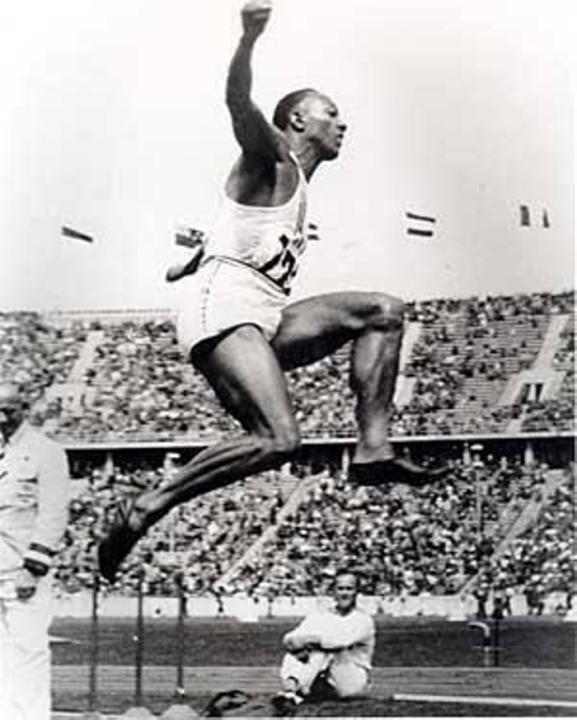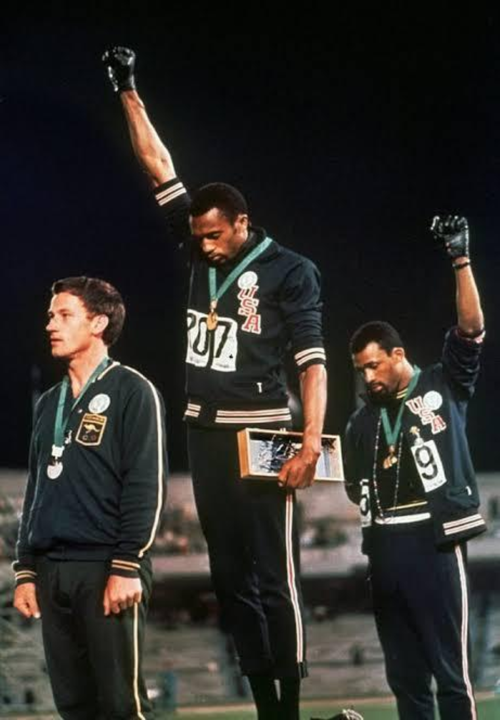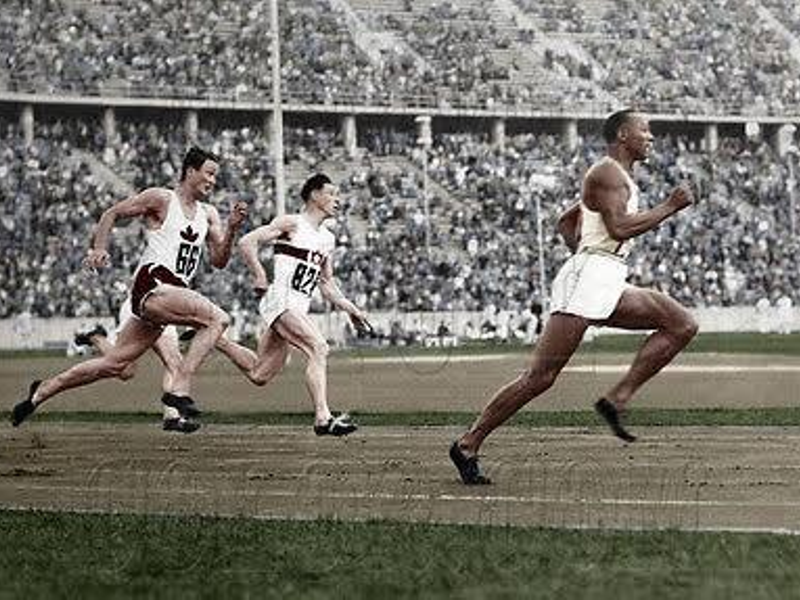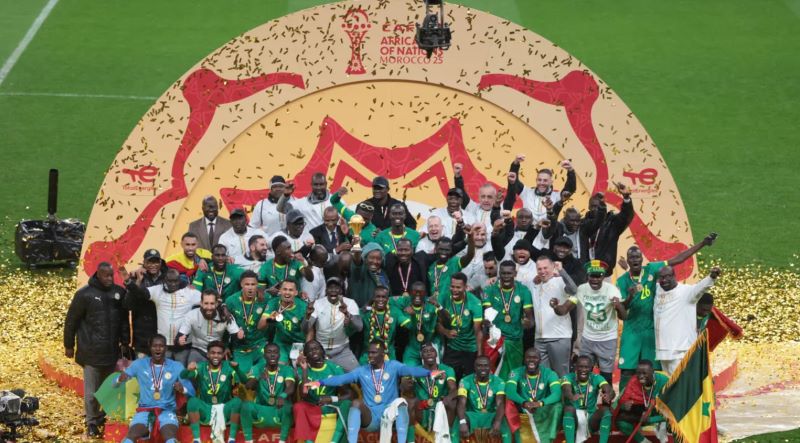The United States of America has remained a strong contender for countries likely to top the medals table in every Olympic event the country has participated in since the game’s inception. According to the research site “Olympedia”, the country currently sits on the top of the medals table haul with a 3105 total medals collection broken down into Gold (1229), Silver (1000), and Bronze (876).
To date, the United States of America continues to run athletic programs at different levels thereby ensuring that the country’s continued success is guaranteed in every event at the games.
But the history of the country’s athletics success cannot be told without mention of some remarkable athletes, especially among many African Americans who against every hurdle and odd blazed the trail for the many who come after and go on to win medals and write their names in the history books.
Opening such an opportunity for others to follow in his stead was the young University of Wisconsin graduate George Poage whose successful records of 49.0 and 25.0 at the Wisconsin collegiate records not only earned an invitation to become a member of the Milwaukee athletics club but ensured his participation in the 1904 summer Olympic games which held in St. Louis, Missouri, United States where he won two (2) bronze medals in the 400-meter and 200 – meter hurdle run.

At the height of Nazi rule, the antisemitism against the Jewish people, and with Hitller determined to prove a point about the superiority of the “Aryan Master Race”, the Berlin Olympics of 1936 not only saw the emergence of the African American – Jesse Owens which put a clog in the racist ideology being spread by the Nazi government, it also shattered the supposed belief of a “master race” as Owens went on to not only win four (4) gold medals ahead of the other German athletes, he also broke several Olympic records as well as prove how important African Americans were to the growth of success of the United States at the Olympic games.
Performing excellently in various track and field events, Jesse Owens set Olympic records in the 100-meter run with a 10.3-sec record, the 200-meter run with a 20.7-sec world record, the long jump with an 8.06 meters’ jump, and the 4×100 men’s meter relay with a 39.8-sec win. His record of success would stand for another 25 years.
While such a feat had been celebrated and recognized by the rest of the world, racial segregation was still commonplace in the United States as Jesse Owens, while returning home as a hero, still had difficulty finding a job and experienced a loss of brand offers and restriction to appearing of lower sporting events. This discrimination was not only isolated to Owens as many of his teammates also struggled to find recognition and acceptance forcing them to seek opportunities in other places.

It is in the light of this continued racial discrimination and systemic oppression of Black people that athletes Tommie Smith and John Carlos decided to make a statement against the persistent racial injustice while receiving their Gold and Bronze medals for the 200 meters run by raising their fists in the now-famous Black Power salute during the 1968 Mexico-City Olympics.
Though their actions received condemnation from the International Olympic Committee and led to the loss of place in the United States team, it also stirred up civil rights conversations and forced greater change in the system as President Barack Obama would later reference when he pointed out that “Their powerful silent protest in the 1968 Games was controversial, but it woke folks up and created greater opportunity for those that followed.”
Consequently, and throughout several Olympic histories, African Americans have not only played active roles as part of the United States Olympic team, they have also shown themselves to be a force to reckon with through their dominating presence in specific aspects of the events and contributing to the current medal numbers the country currently enjoys.
As the purpose of the Olympic Spirit remains to foster a peaceful and better society devoid of any form of discrimination, the contributions of African Americans to this global sporting event have remained a testimony to the resilience of the human spirit in the continued struggle to sprint above all hurdles and race on to victory and a place in the annals of the country’s history in the Olympic games.

Okechukwu Nzeribe works with the Onitsha Chamber of Commerce, in Anambra State, Nigeria, and loves unveiling the richness of African cultures. okechukwu.onicima@gmail.com





